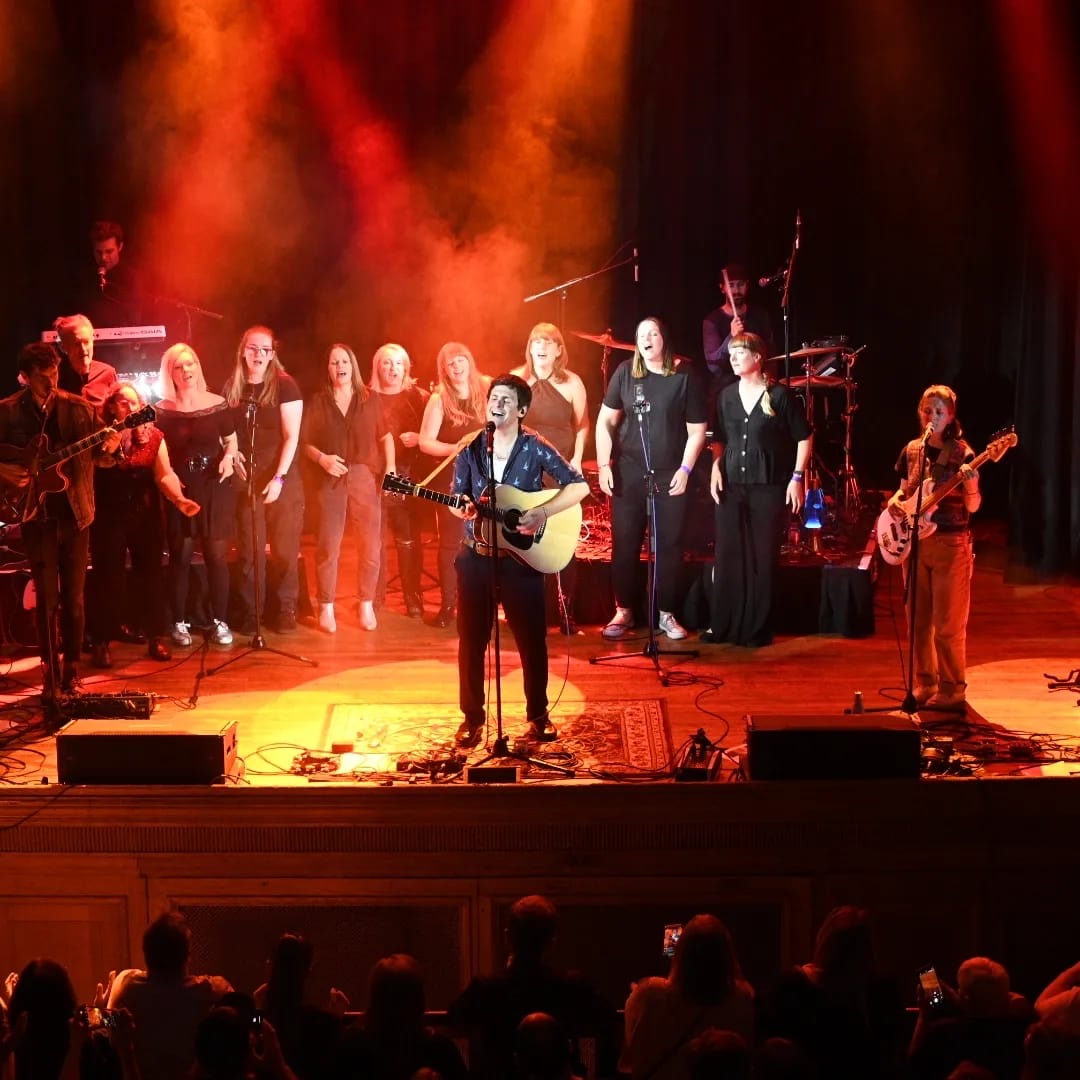
Unlocking the Harmony of Sound: A Journey into Audiology and Music
In a bustling corner of London’s Hampstead Garden Suburb, lies the Henrietta Barnett School, a hub of academic excellence and creative exploration. Recently, the school’s Spring edition of the HBS Music magazine featured an interview with Fiona Butterworth, Clinical Lead at Harley Street Hearing and Musicians’ Hearing Services, whose career embodies the intersection of music and healthcare.
A Harmonious Fusion of Passions
The journey into a specialised field often begins with a confluence of passions and interests. For Fiona, it all started with a love for music and a fascination with acoustics. “Initially, I studied Acoustics with Music at the Institute of Sound and Vibration Research“. The allure of blending her bassoon studies with the intricacies of Acoustical Engineering proved irresistible.
However, it was the realisation that her true passion lay in understanding how we interact with sound that steered Fiona towards the path of audiology. This led to the pursuit of a master’s degree in audiology, marking the beginning of a fulfilling career dedicated to the science of hearing.
Navigating the Soundscape: A Day in the Life of an Audiologist
What exactly does a Clinical Lead in London’s leading independent hearing clinic do? As Fiona explains, the role is multifaceted and deeply enriching. Much of her time is spent in clinic settings, empathetically delving into the unique hearing difficulties experienced by her patients. From advising on suitable hearing aids and hearing protection, to providing ongoing support, audiologists play a pivotal role in empowering individuals to navigate the complex auditory landscape with confidence.
However, it’s not just about individual care. Fiona finds immense fulfilment in engaging with organisations and companies, advocating for the importance of good hearing health. Whether delivering presentations to professional London orchestras or speaking at conferences, the mission is clear: to raise awareness and educate on the significance of utilising hearing protection in all musical environments.
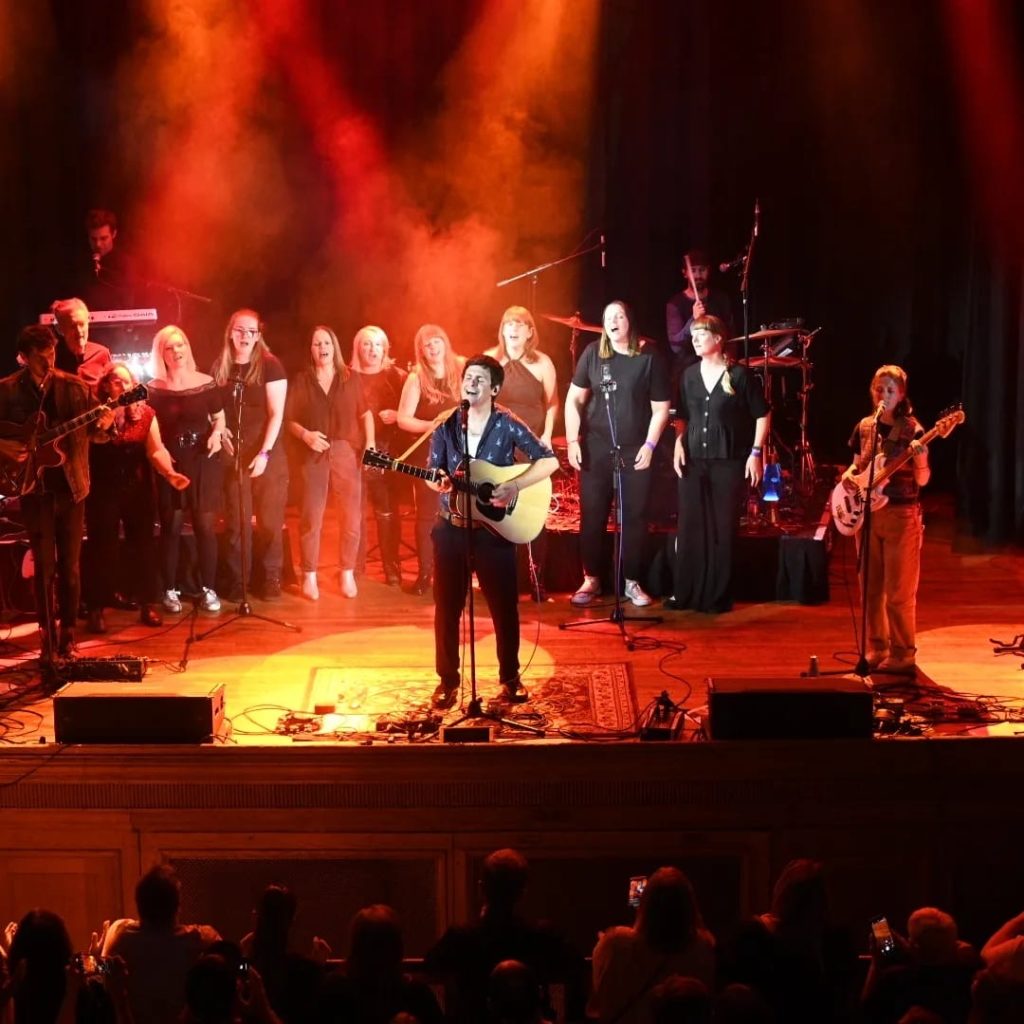
Neighbourhood Voices backing Tom Speight at Islington Assembly Halls
A Symphony of Personal Pursuits
Amidst the professional endeavours, Fiona remains deeply connected to her musical roots. Despite the demands of her career, she still enjoys playing the bassoon, particularly relishing the orchestral music they become immersed in. Yet, it’s her involvement with Sing All Together Beckenham, a vibrant community choir, that truly captures the essence of Fiona’s passion for music. Fiona performed at a gig with Neighbourhood Voices, backing Tom Speight during his UK tour stop at Islington Assembly Halls (fifth left of the above image). Within this harmonious collective, she finds camaraderie, inspiration, and the sheer joy of making music together.
Closing Notes
As the interview draws to a close, it’s evident that for this dedicated audiologist, the journey is far from over. With each note played and each patient helped, Fiona continues to bridge the gap between music and healthcare, fostering a world where the symphony of sound is accessible to all.
See Fiona’s interview here.
If you’ve enjoyed this article please see some of our others:
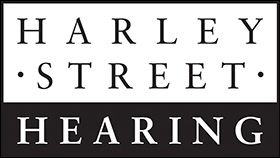
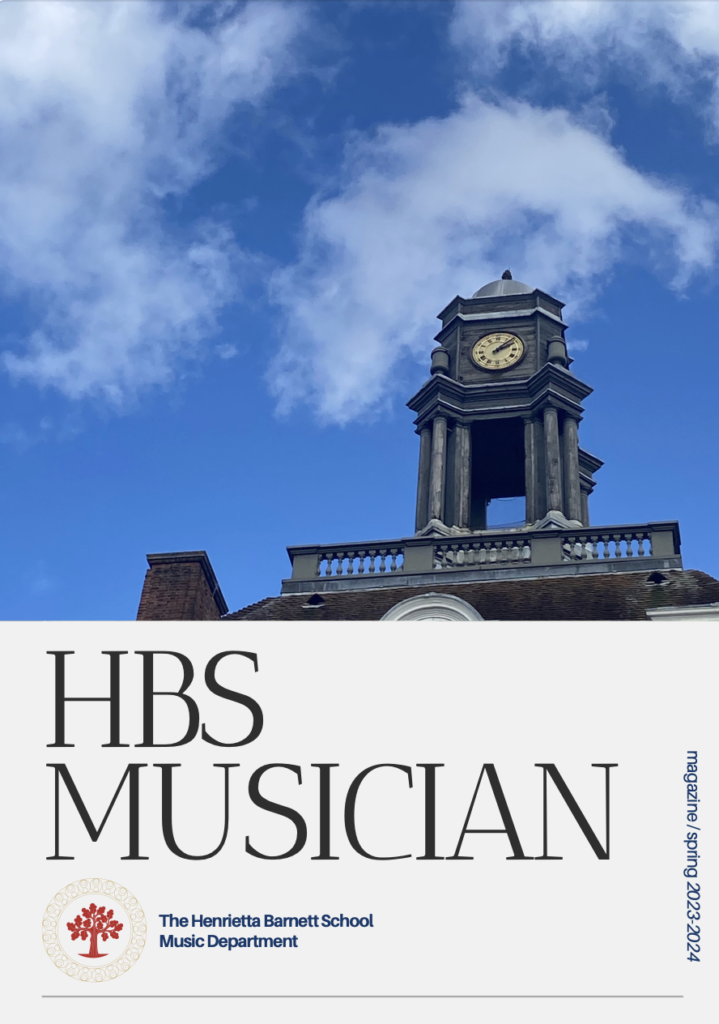
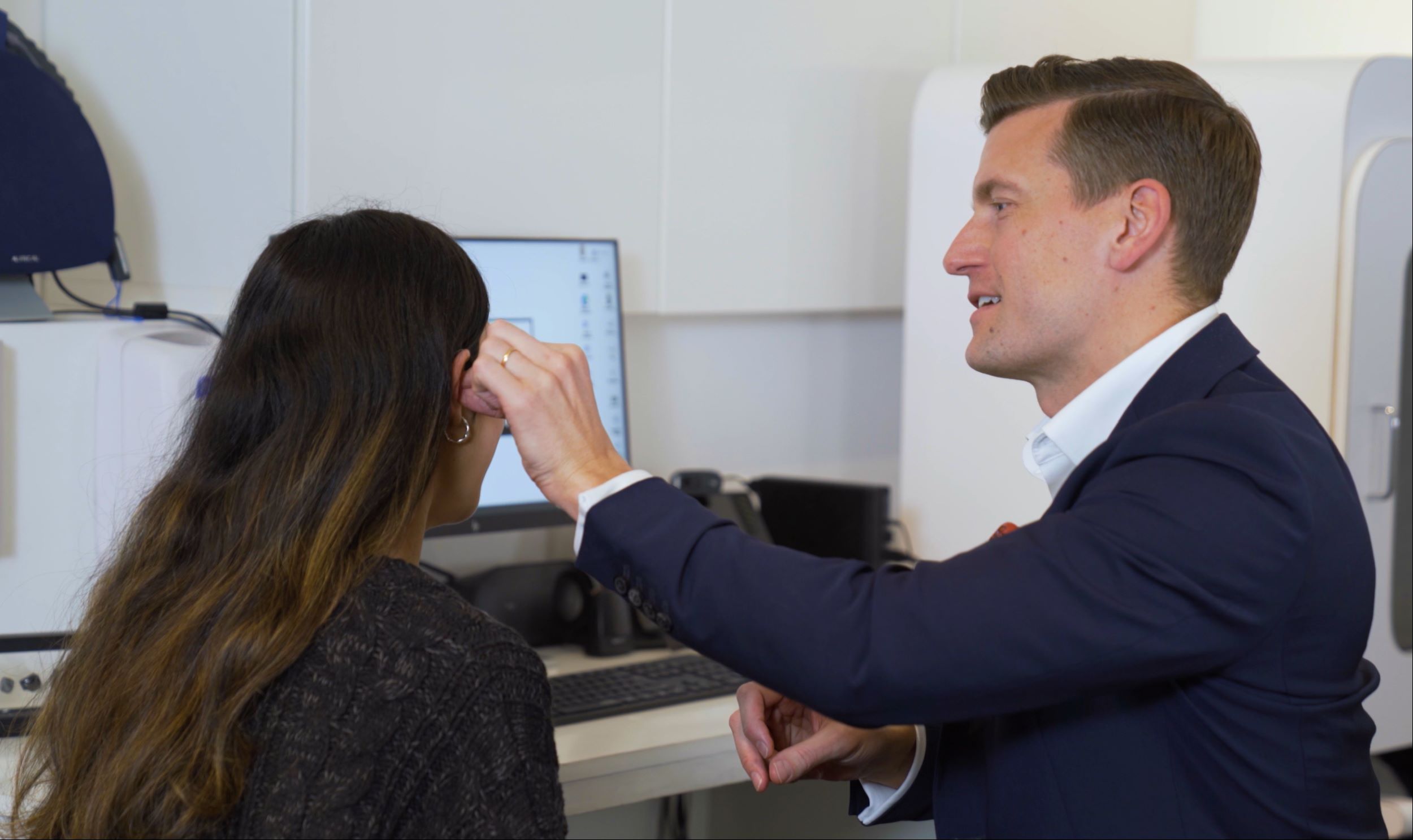
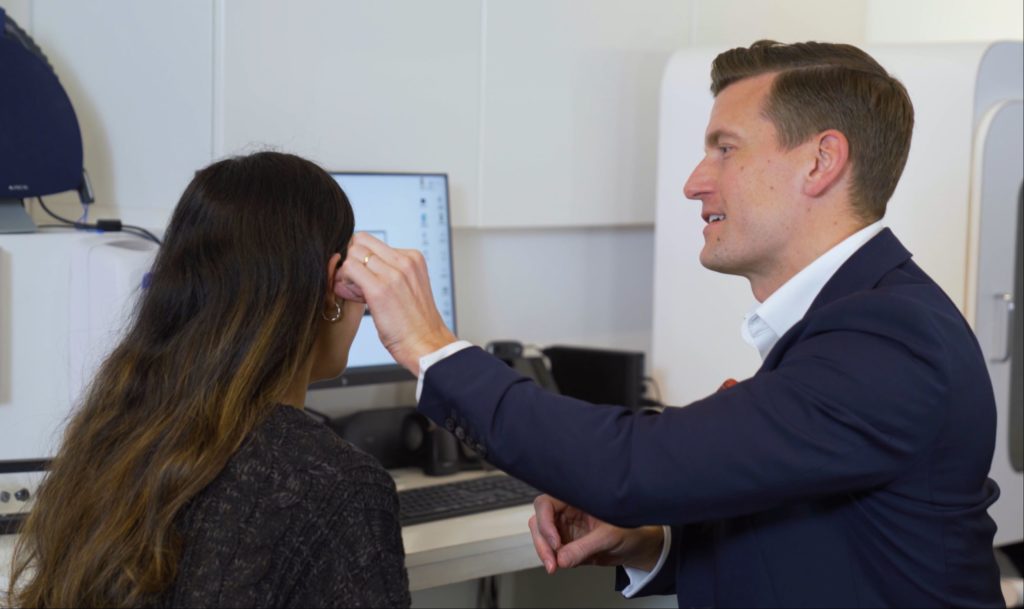
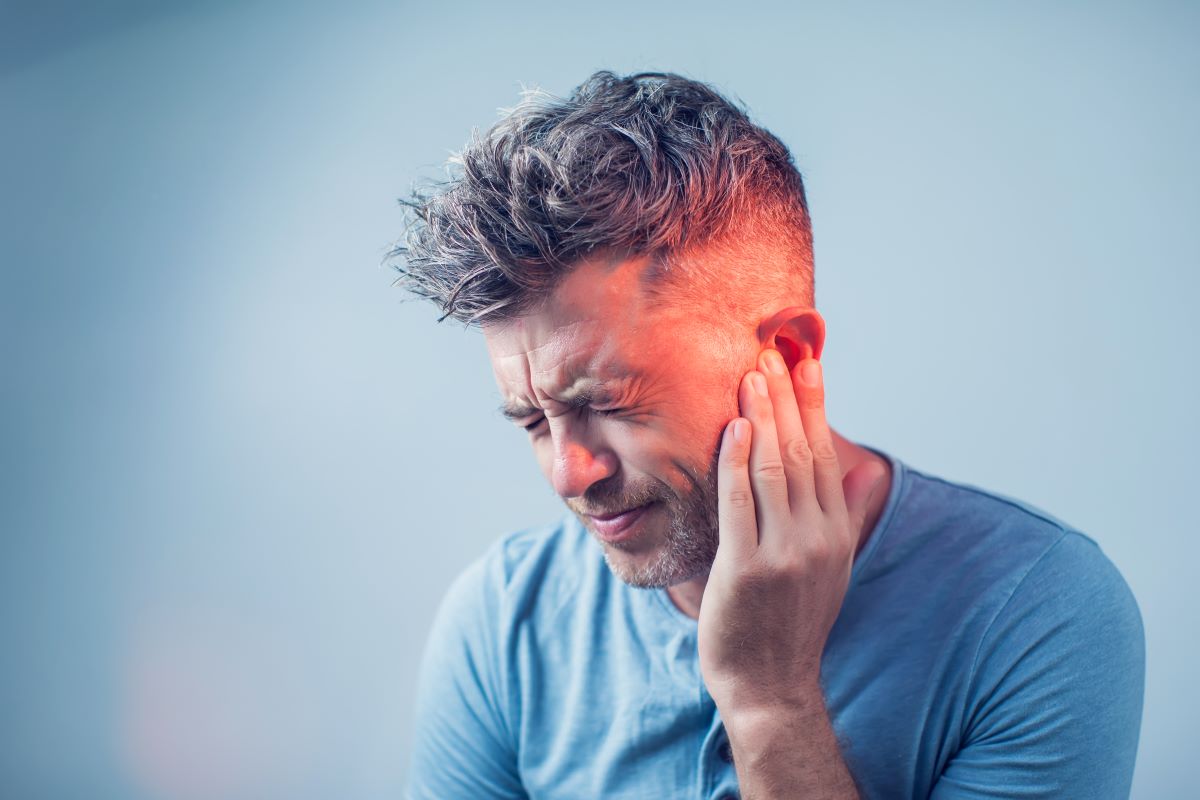
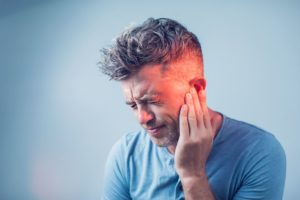 Musicians’ Hearing Services
Musicians’ Hearing Services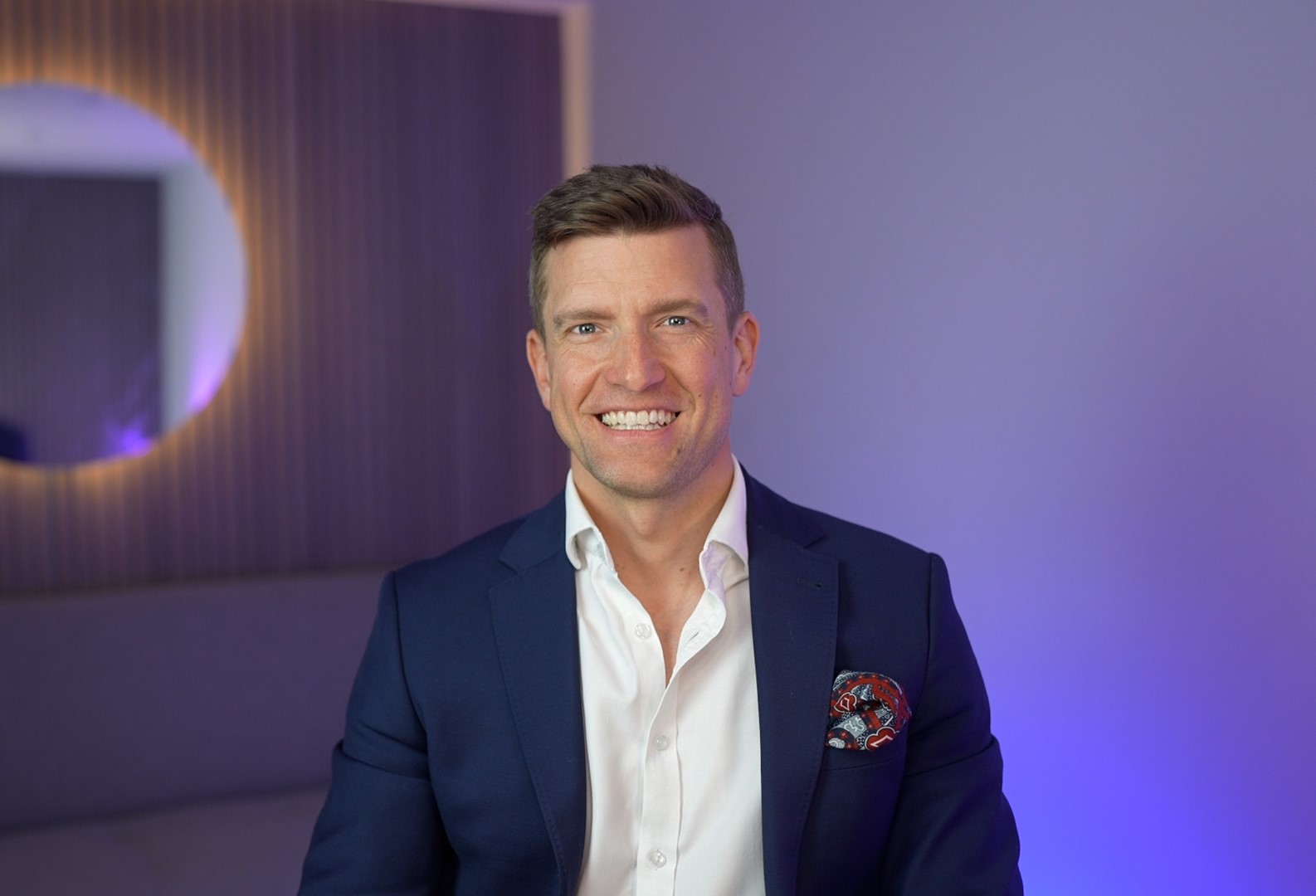
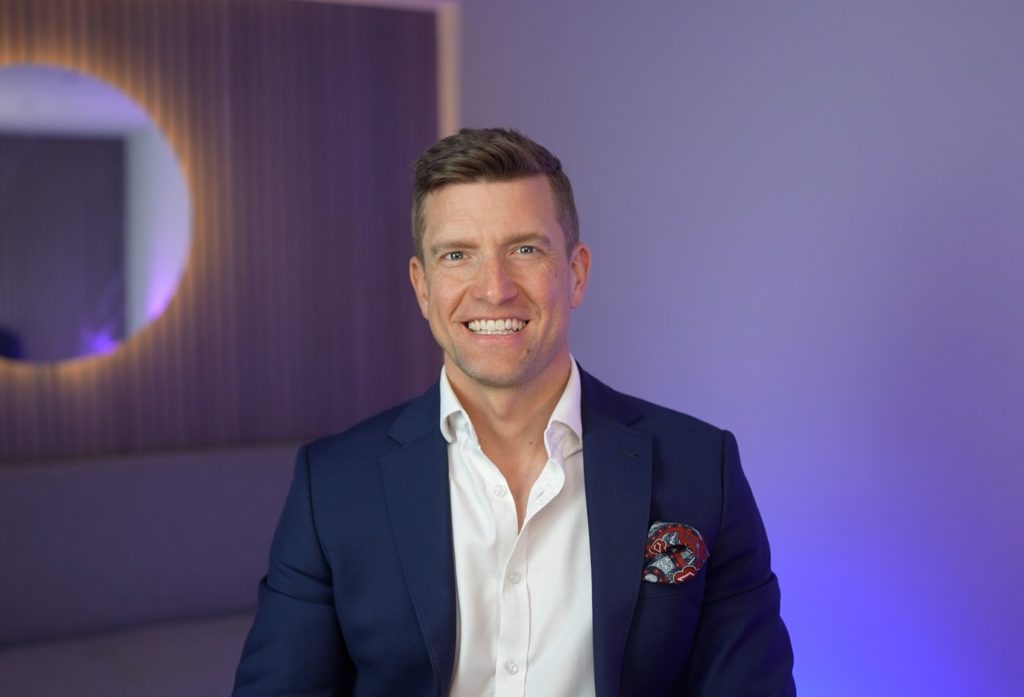 Have you ever wondered how Harley Street Hearing Partner, Matthew Allsop, became a leading audiologist at London’s largest independent hearing clinic? Hearing Tracker reveals all about Matthew’s journey into audiology and delves into his love for skydiving.
Have you ever wondered how Harley Street Hearing Partner, Matthew Allsop, became a leading audiologist at London’s largest independent hearing clinic? Hearing Tracker reveals all about Matthew’s journey into audiology and delves into his love for skydiving. 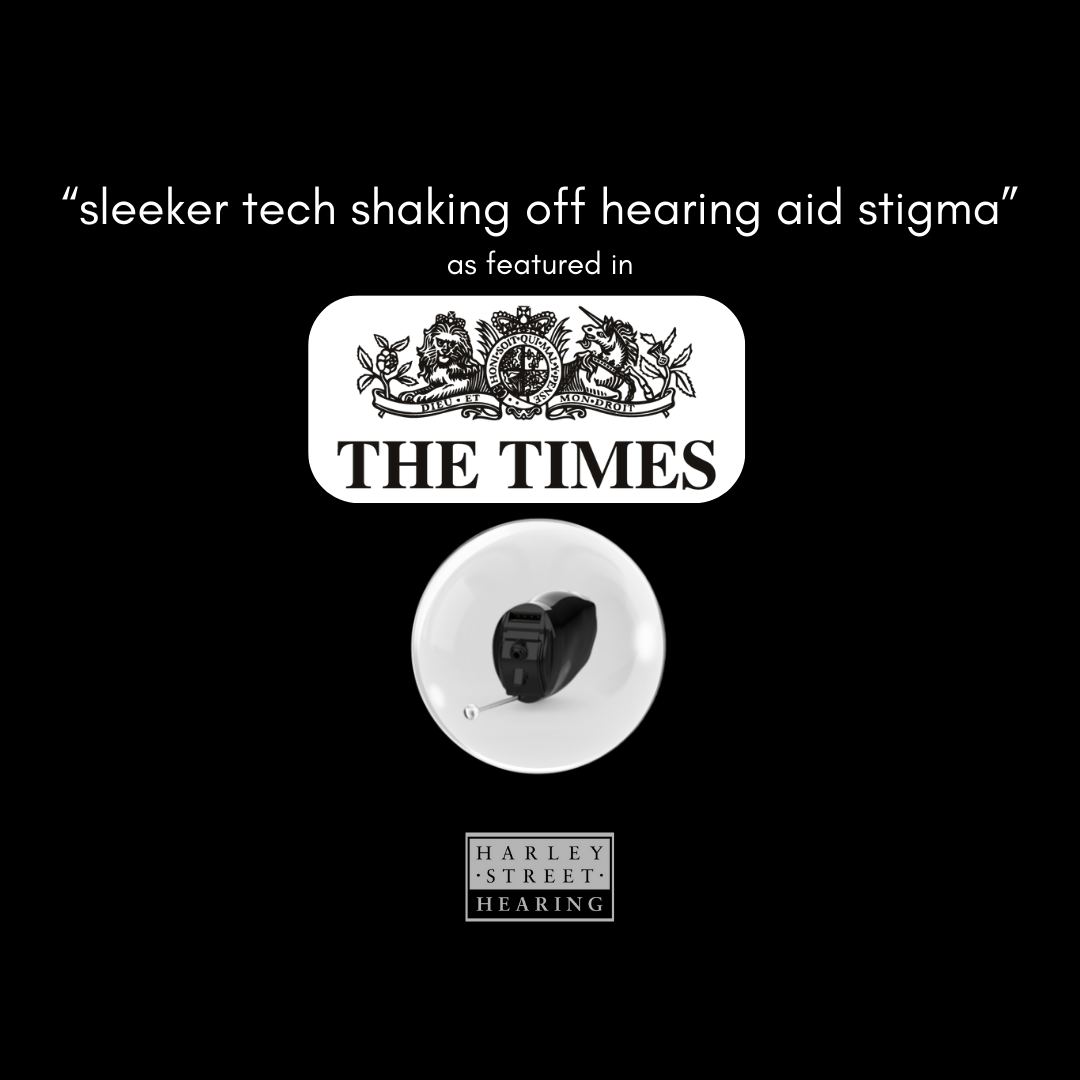
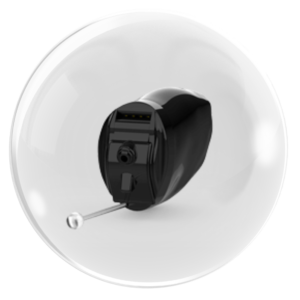 We are the Harley Street provider mentioned in The Times article
We are the Harley Street provider mentioned in The Times article 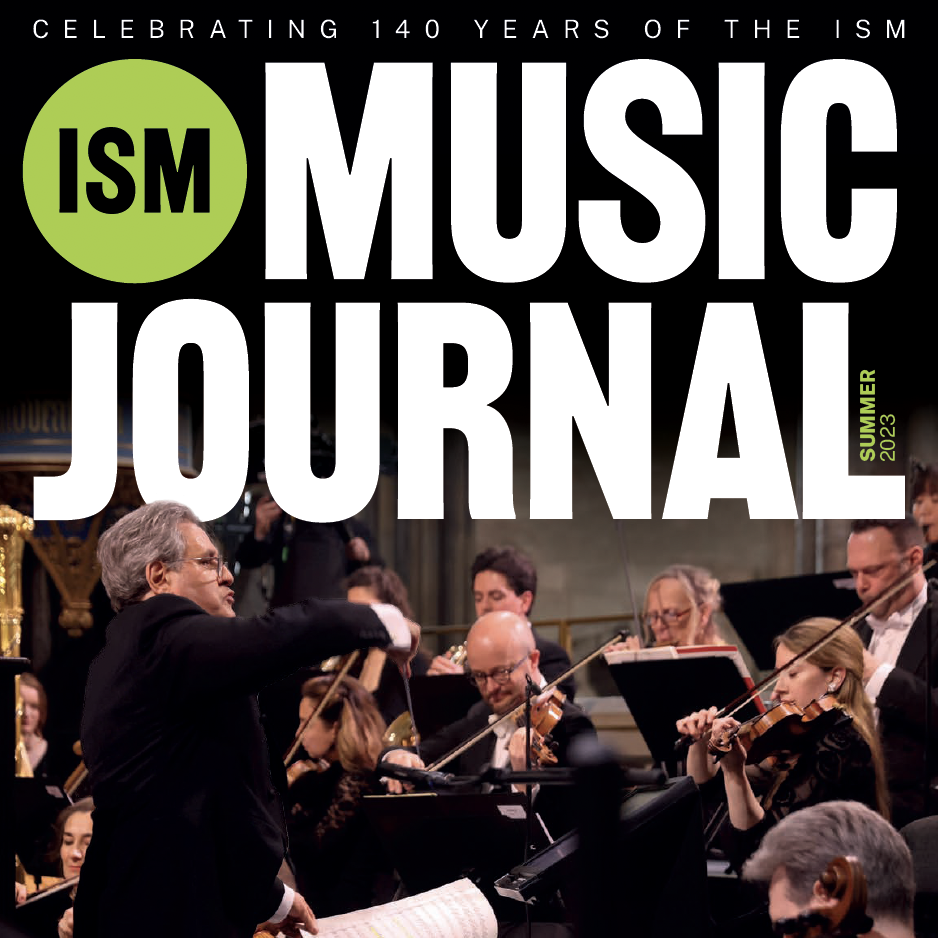
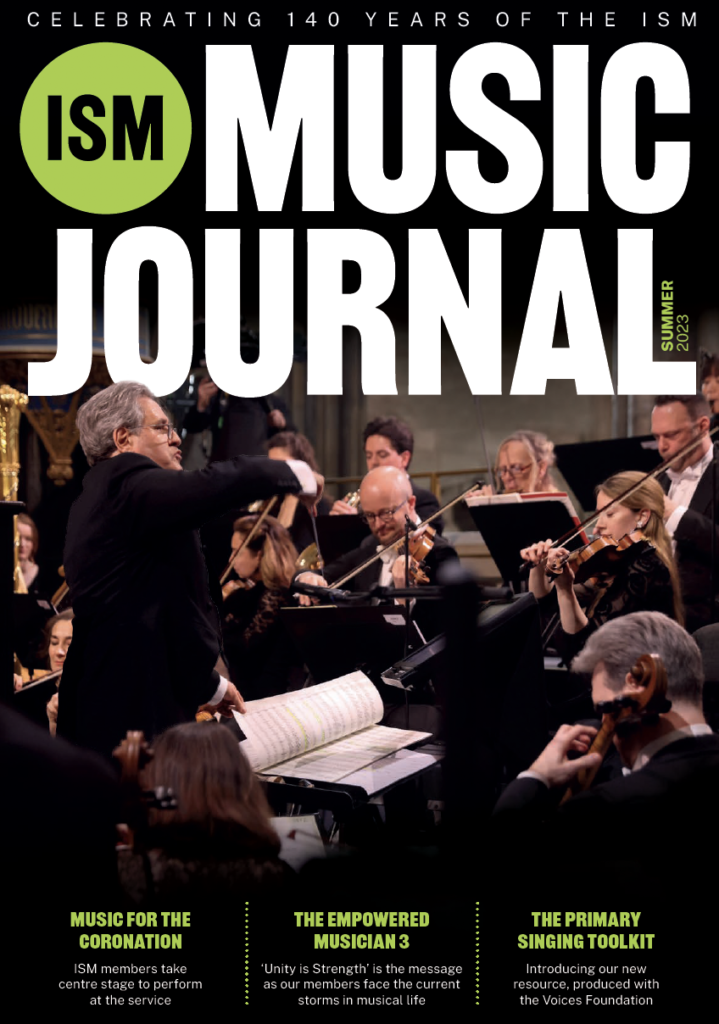





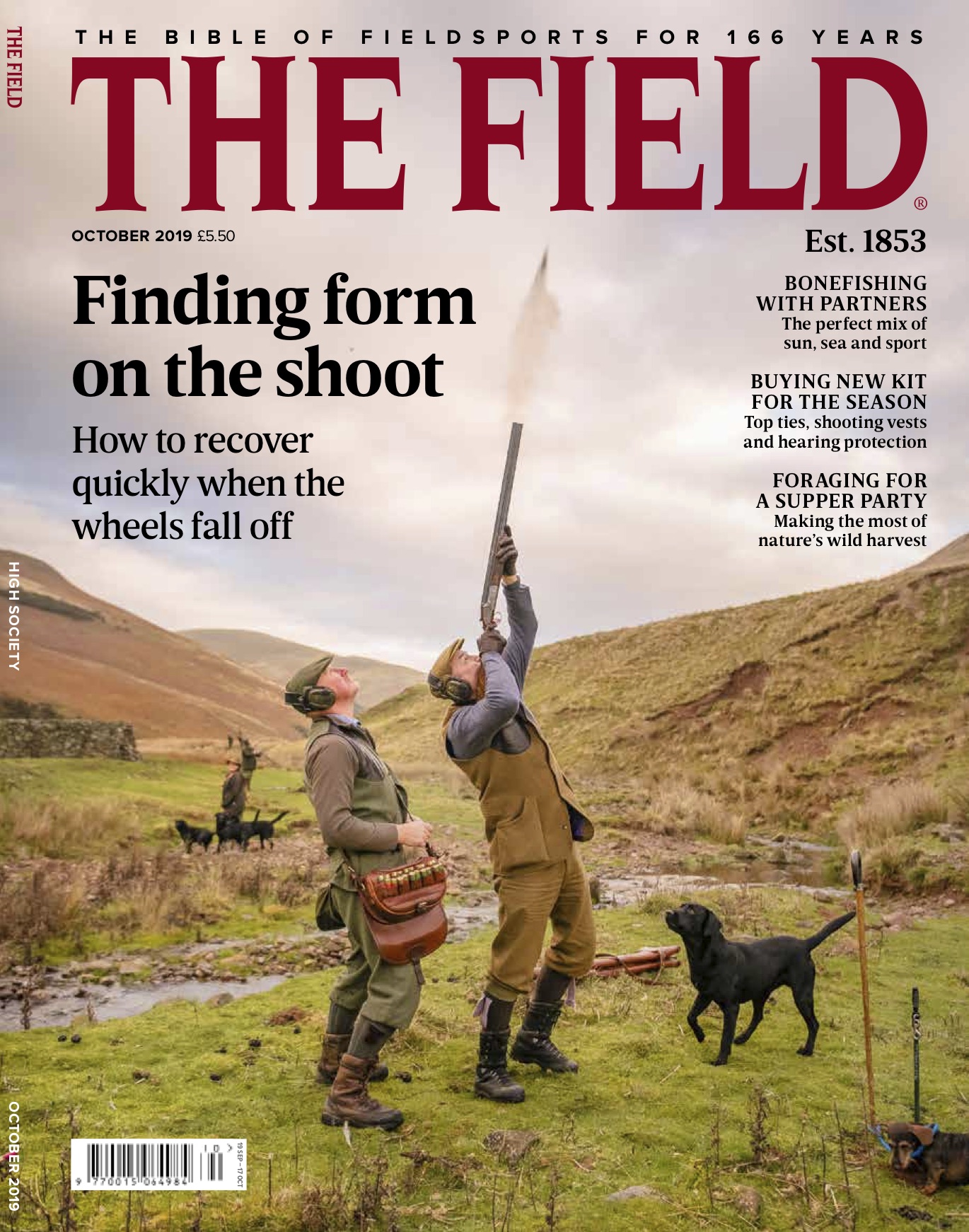
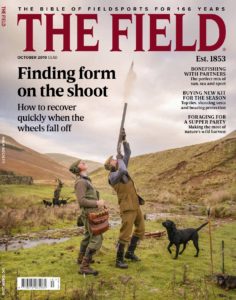









Recent Comments